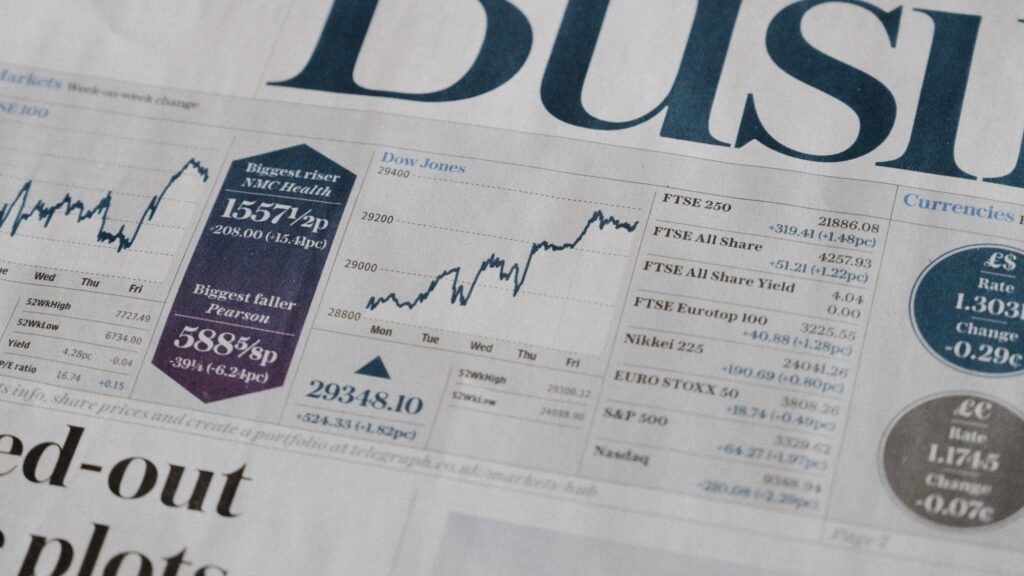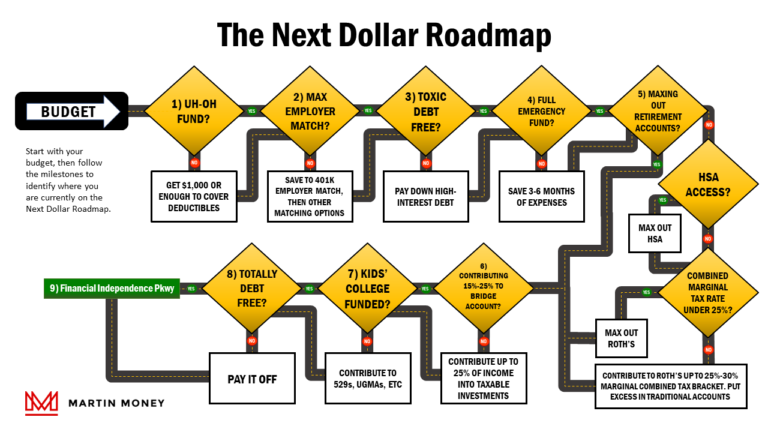What is an ETF (exchange traded fund)?
Exchange Traded Funds (ETFs) are an investment product that behave very similarly to mutual funds but provide a few unique features that make them more attractive to many investors. While not definitive, mutual fund investors should investigate whether or not equivalent ETFs would be a suitable investing substitute.
Exchange Traded funds (ETFs) are very similar to mutual funds with one notable exception.
ETFs can be bought or sold on a stock exchange during trading. Mutual funds are bought and sold after stock exchanges are closed for the day and their price or NAV only changes once daily.
Like mutual funds, ETFs present an easy and affordable opportunity to diversify while also following a particular investment strategy.
How Are ETFs Priced?
Since an ETF can be traded on an exchange like stocks, their price fluctuates throughout a given trading period.
The price will generally follow the value of the underlying assets, but since they are traded on an exchange ETFs can be priced at a discount or premium depending on market forces.
The available supply of ETFs is controlled by an Authorized Participant (AP) through a process of creation and redemption.
ETF shareholders don’t actually own the securities in the Fund. They own shares of the fund which owns the underlying securities.
When an ETF is priced at a premium (meaning the ETF is trading above the value of the underlying securities), the AP can buy shares of stock from the open market and “sell” them to the fund in exchange for shares of the ETF. This increase or “creation unit” of available shares in the ETF will cause the price to fall.
Conversely, if the price of an ETF is trading at a discount (meaning the ETF is trading below the value of the underlying securities) the AP can buy shares of the ETF from the market, then exchange those shares for stocks owned by the fund.
This process of creation and redemption insures that the ETF NAV will normally align closely with the market value of the securities it owns.
Note, however, that this process has no impact on the pricing accuracy of the underlying securities to their actual value. If the ETF owns Gamestop stock (which has been volatile in 2022), the volatility of the stock will still be realized by the ETF’s price in proportion to the amount of Gamestop stock it owns.
I’m only taking time to point this out because while an ETF reduce risk through diversification, they are not a magic pill for eliminating securities pricing risk altogether.
Expenses & Fees
Also, like mutual funds, ETFs operate with an expense ratio to cover the costs of the day-to-day operation of the fund.
Overall, ETFs have lower expenses than mutual funds, but many index ETFs are slightly more expensive than their mutual fund counterparts in the same asset classes.
Taxes
ETFs also tend to incur fewer taxable events because the fund’s managers do not have to sell stock in order to pay shareholders who exit the fund.
Since these sell transactions often incur capital gains tax that must be paid by the fund, the fewer there are, the less costly it is to investors.
ETFs still receive dividends from the ownership of stocks, so keep an eye on that if you are concerned about dividends triggering a tax liability for you.
There are ETFs that strategically invest in tax-efficient assets.
Types of ETFs
Basically, if there’s an investment strategy or type that you can find in a mutual fund, it is probably also available as an ETF.
This includes active and passive management, index ETFs, bond funds, stock funds, international funds, sector ETFs, commodities, currencies, highly leveraged ETFs, and even target retirement dates.
Odds are, if you already own mutual funds, the investment company that provides those has an ETF with an identical strategy and even identical holdings. The rollover would likely be quite easy if you elected to go that route.
How are ETFs Better than Mutual Funds?
The three primary advantages of an ETF over mutual funds are 1) trading flexibility, greater tax efficiency, and 3) lower expenses.
Trading flexibility simply means you can sell an ETF any time the market is open for trading. One of the more anxious aspects of mutual fund ownership is the waiting period from the time you order the trade until the next market close. Unless you’re immediately rebuying another security, there’s a chance you’ll lose a little money in the transaction.
ETFs experience a higher degree of tax efficiency because ETFs do not have to buy and sell securities constantly to redeem fund shares with cash. Since each sale transaction has the potential to trigger a tax liability, mutual funds will naturally incur higher tax costs than ETFs.
While ETFs tend to have lower expenses for their investors than mutual funds, this isn’t always the case. If you’re buying index funds you may find that mutual funds actually have slightly lower expenses. It usually isn’t a significant difference, but if it matters to you be sure to look into it.
How are ETFs Less Desirable than Mutual Funds?
There is less pricing risk in a mutual fund because the NAV of a mutual fund is calculated based on the value of the underlying securities at the end of a trading day. The price of an ETF fluctuates constantly meaning you could potentially buy or sell just before a significant increase or decrease in the ETF’s price per share.
Also, there is a greater variety of mutual funds available on the market compared to ETFs. I don’t see this as a major con, however, because there is an abundance of ETF options available.
Conclusion
ETFs are a brilliant investment product that provide nearly all of the benefits available through mutual funds, but with a higher degree of flexibility and generally lower costs.
We don’t recommend that you go convert every mutual fund in your portfolio to an ETF, but it does merit consideration.







